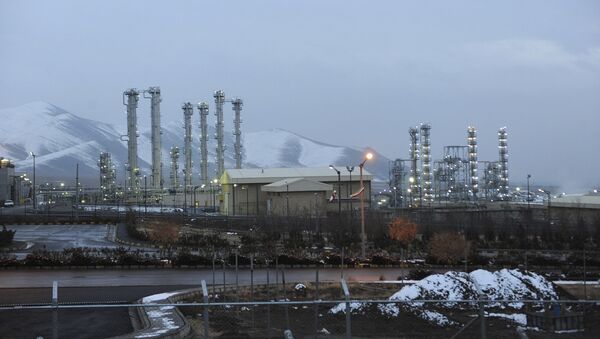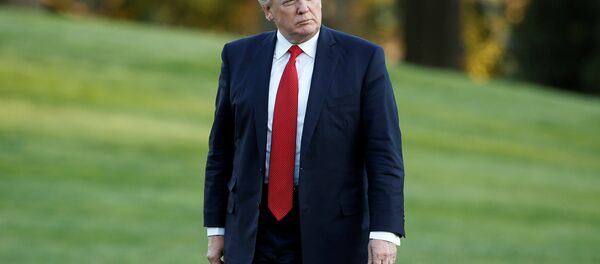After its renovation the reactor is expected to be rendered unable to produce weapon-grade plutonium and instead molded into a perfect tool for conducting advanced medical research.
Dr Mohsen Shariatiniya, Iranian academic and expert on Sino-Iranian relations, told Sputnik Persian that despite the new US government’s bickering, other parties involved in the nuclear deal continue to honor the agreement and implement their side of the nuclear deal.
"This agreement is more technical rather than political in nature. Essentially it is the implementation of one of the JCPOA points. According to that document, the world powers have agreed to help Iran to deal with the existing mistakes to further the development of the Iranian nuclear program. After the nuclear deal was signed and the JCPOA came into effect, it marked the beginning of negotiations on the technical implementation of an important point of this agreement. And the contract signed in Vienna between Iran and the Chinese companies is also a result of fruitful multi-round negotiations between Tehran and Beijing on the implementation of the nuclear deal," Shariatiniya said.
He also added that this is all business as usual within the JCPOA deal.
"The parties involved adhere to their obligations and work on advancing the peaceful Iranian nuclear program," Shariatiniya surmised.
In July 2015, Iran and the P5+1 countries — the United States, Russia, China, France and the United Kingdom plus Germany – signed an agreement ensuring the peaceful nature of the Iranian nuclear program in return for the gradual lifting of sanctions against Tehran. The deal came into force on January 16, 2016, after the International Atomic Energy Agency (IAEA) confirmed that Iran was ready to implement the program to reduce its nuclear potential.



